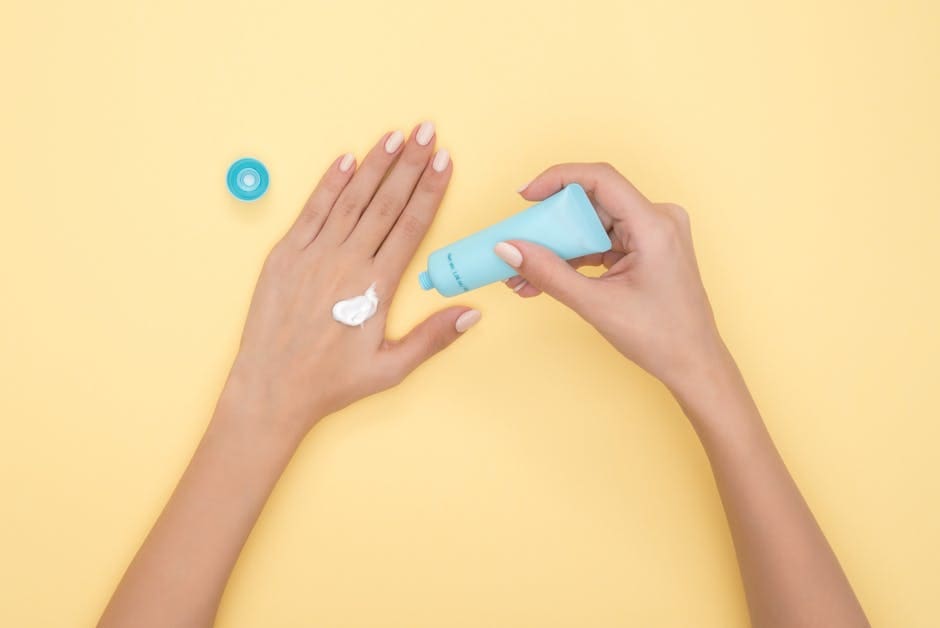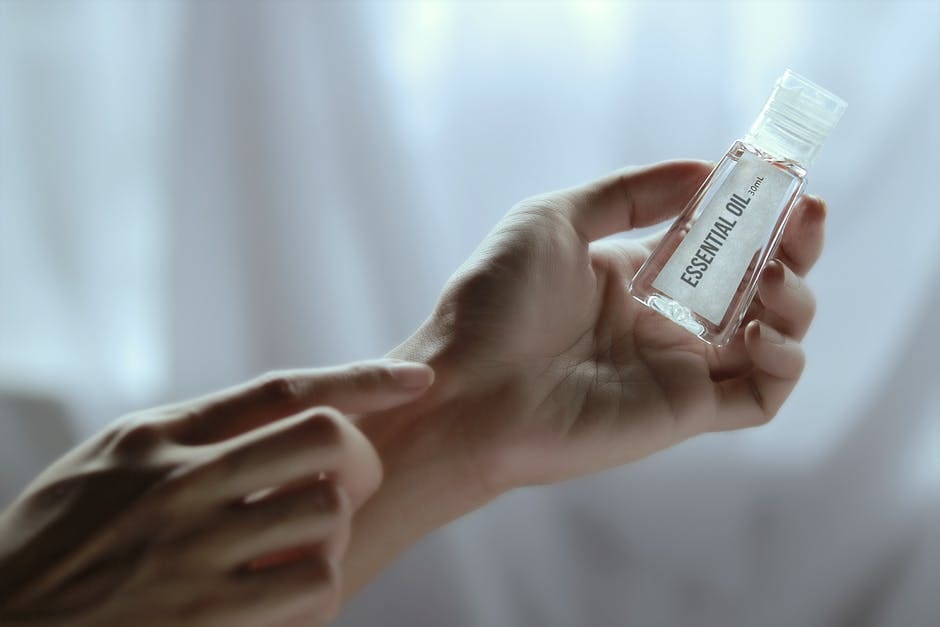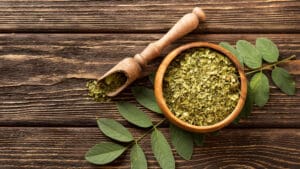When we are trying to clear up our skin, we often tend to buy a topical skin care product. We will spend thousands on trying to create a glow, reduce redness and get rid of dark circles. But maybe your best skin care products have been in your refrigerator or pantry all along? What we eat and don’t eat greatly affects our skin. Our skin is simply trying to tell us something when we experience issues like early aging, extreme dryness and blemishes. If, for example, you have gut issues it can become apparent on your skin (as the gut acts as a host for a large proportion of our immune systems). Other issues such as dehydration, candida, lack of adequate nutrition and allergies can also have a huge impact on your outer appearance.
If you become mindful of what you put in and on your body, you can create an ecosystem that thrives and which supports a healthy body and skin.
Us women often have so many things going on in life that we tend to neglect our bodies or skincare (especially if you’re a mom). If you are in need of a resource which will help you to cope with being a mom, while not forgetting about yourself, go to mommyauthority.com for more.
Beauty Products

The truth is that most of us have no clue what goes into our personal beauty products. It’s quite shocking that the U.S government does not require any health studies before they allow certain ingredients or products to be sold to the public. It might, therefore, be a better option to look into DIY beauty recipes, more natural brands and finding out what foods might benefit our skin.
The following foods are worst for our skin and should rather be avoided:
Alcohol
Alcohol is toxic to the cells that are responsible for detoxing the liver. It, therefore, compromises the liver’s ability to detox unwanted ingredients from our blood. It is further also pro-inflammatory and dehydrates the skin.
Dairy And Sugar
These two foods are some of the foods that contribute most to skin issues. When it is removed from the diet completely, most people experience better skin. This is because it can spike hormones such as insulin and androgens which contribute to pimples.
The following foods are really good for your skin, both topically and internally:
Healthy Fats And Antioxidant Rich Foods
This includes sweet potatoes, apricots, carrots, cabbage, berries, dark leafy greens, quinoa, nuts and seeds, lentils, peas, beans, wild caught fatty fish such as mackerel and salmon. These foods will help your immune system to function properly, combat inflammation, balance hormones and lower blood sugar levels.
Raw Honey
Honey contains a lot of antioxidants which reduce inflammation and reduce oxidative stress. It further also naturally falls within the skin’s pH range, making it an ideal topical tool for healing skin. Honey can be mixed with coconut oil and granulated sugar for a natural lip scrub.
Oats
Topical use of oats is known for its soothing properties. It can be blended into a fine powder and then mixed with water for a cooling face mask. It is great for eczema, burns and rashes. It further also helps to eliminate toxic waste, reduce irritation, inflammation and redness.
Apple Cider Vinegar
Apple cider vinegar acts as an excellent toner as it is a natural astringent. It will help to restore your skin’s natural pH balance and balance your complexion. It can even act as a solution for age spots, acne and problematic skin. It can also reduce fine lines and absorb excess oils. It is recommended to dilute it with water so it won’t be so harsh on the skin.
Turmeric
Turmeric is an anti-inflammatory food which is used to improve liver health and digestion. This is a great food to use topically and to eat due to its antioxidant and anti-inflammatory properties. It is also said to help with eczema and rashes.
Be aware that it can stain, so it may take a few washes to remove the color when applied topically.
Essential Oils

Certain essential oils are great for skin issues as they have antibacterial, antifungal and anti-microbial properties. The type of essential oil you choose should depend on your skin type:
- Dry skin: Neroli or Sandalwood
- Normal skin: Lavender
- Sensitive skin: Sage or Tea Tree oil
- Oily skin: Bergamot
- Spots or Aging skin: Rosehip
- Damaged skin: Frankincense
- Acne prone skin: Tea tree





